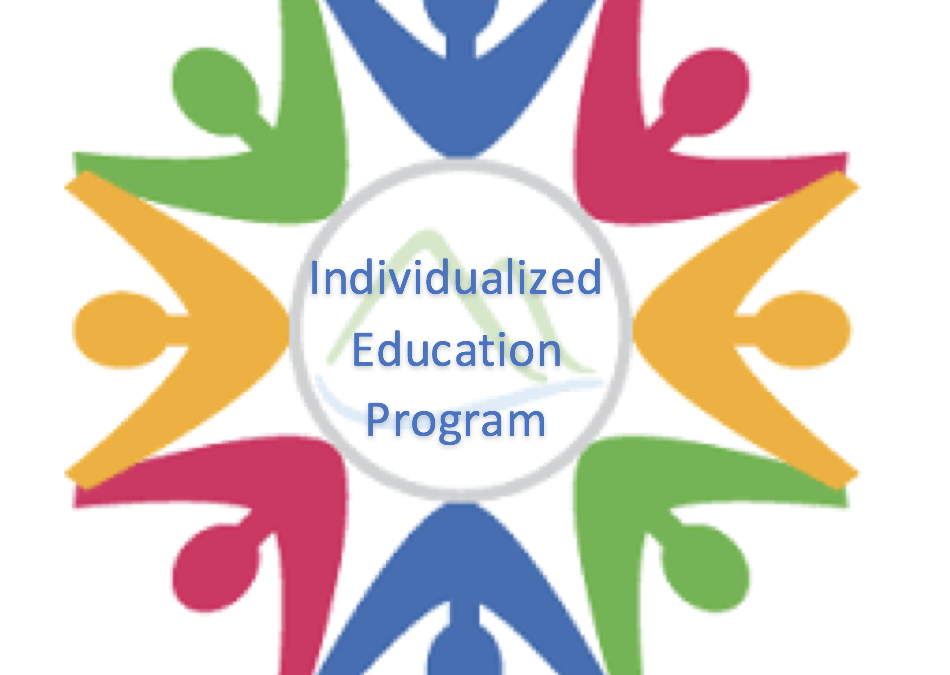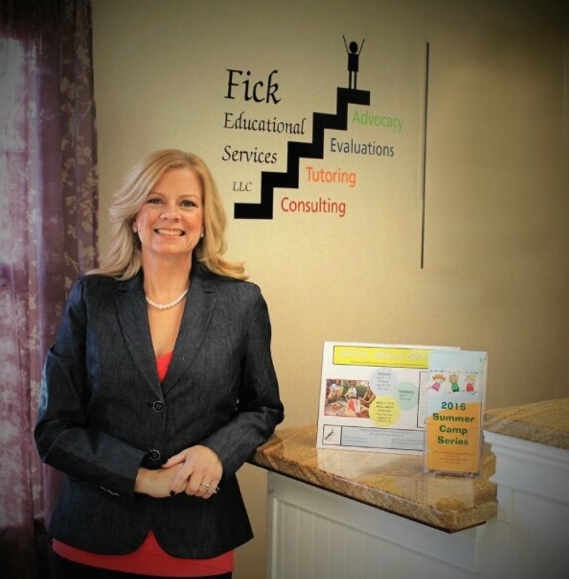One common concern that parents of children with IEP’s face is when the IEP appears to stop working. If you’ve worked with children with IEP’s for any length of time, you probably have experienced this. The IEP is written, goals and accommodations are set up, and progress seems great. But then progress seems to slow down. You may notice behavioral problems that weren’t there before; or you may see that an academic or behavioral issue has plateaued and doesn’t seem to be improving. IEP’s are typically scheduled to be revisited and revised annually. However, periodic reevaluations are very common and can be helpful if a simple tweaking or adjustment in goals and accommodations is all that is needed. IDEA regulations state that “there should be as many meetings a year as a child may need” so requesting a revision meeting is perfectly acceptable and welcomed!
If you have concerns, start by checking in to see how the goals are being addressed in the classroom. Ask for documentation from the school – if the goals are measurable goals, teachers and counselors should be able to provide documentation of how they’re working toward a particular goal. Another reason for a lapse in progress could be that your child has developed so the same accommodations are no longer as effective as they once were. Goals are intended to evolve; as one initial goal becomes obsolete, a revised version of that goal or an entirely new goal, one that is developmentally appropriate, needs to take its place.
Perhaps I’ve watched too much Olympics over the past two weeks but I can’t help seeing some parallels between goals athletes set for themselves and goals we set for children with IEP’s. Consider how an athlete’s goals and practice grows and develops over time. Imagine a six-year-old Shaun White when he first began snowboarding, practicing on small hills and slopes, just trying to remain upright. Then fast forward to age 24, Winter Olympics 2010 in Vancouver. If he was still snowboarding on the same slopes as when he started, still practicing the same small jumps, would he have been able to wow spectators with his Double McTwist 1260 that helped him earn his second Olympic gold medal for halfpipe??? Of course not – beginner slopes wouldn’t have prepared him developmentally for what he needed for the complicated halfpipe tricks. This seems an extreme example but it serves to illustrate a point: as a child develops, his or her needs change and this proves true with IEP’s and accommodations as well.
So if you find yourself facing a recurring issue or feeling like your child’s progress has plateaued, perhaps it’s time to give your IEP a check-up! If you’re unsure of how to proceed, we can help! Consider scheduling a consult now.

 Fick Educational Services is devoted to the educational needs of the children through individualized learning plans, tutoring and advocacy.
Fick Educational Services is devoted to the educational needs of the children through individualized learning plans, tutoring and advocacy.

